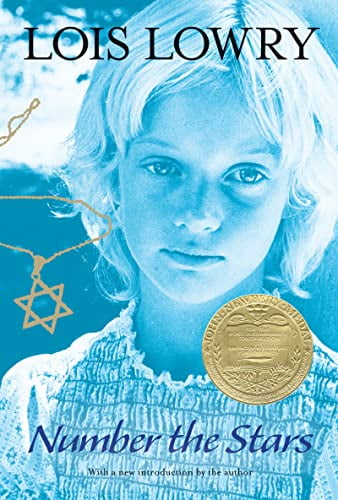
Two years later, Bruce Springsteen’s live version with the E Street Band, recorded in 1985 at the Los Angeles Coliseum, made the US Top 10. Listen to the Best Motown Songs Ever playlist. Frankie Goes To Hollywood recorded it at the height of their initial success in 1984. The song has continued to emphasize the power of its message to future generations. “War” deservedly won the Grammy Award for Best Male R&B Vocal Performance, and went on to be an international hit, climbing to No.3 in the UK in mid-November. In its eighth chart week, it took over from a song that could not have been more different in its romantic, adult contemporary atmosphere, Bread’s “Make It With You.” A Grammy-winning performance Starr’s powerful vocal delivery brought a real sense of anger and frustration to the recording. He is survived by his longterm partner Jean and by his son and daughter from earlier relationships.The result of the new interpretation was a soul classic, with a lyric that was clearly anti-Vietnam but has remained sadly relevant throughout the world ever since. Some people say politics and music don't mix, but I don't think most people feel that because two and a half million people bought the record." War, he told an interviewer was "still the definitive message song. In the previous year, he had sung War with Bruce Springsteen onstage at the Birmingham NEC. More recently, he sang with Leeds-based group Utah Saints on their hit revival of Funky Music, appearing with them at the Glastonbury Festival in 2000. Starr collaborated with the Stock-Aitken-Waterman production team on the charity recording of Let It Be by Ferry Aid in 1985. He sung at Liza Minelli and David Gest's wedding, and had been booked for their anniversary party - although the Iraq war led to its cancellation. And he made numerous broadcasts with Jools Holland, Jonathan Ross and others. In 2001, he played at the WOMAD world music festival in the Canary Islands. He gave 50 performances last year, touring with Martha Reeves (of Martha and the Vandellas) in the Motown nostalgia show Dancing In The Streets. He was a favourite of the northern soul dance scene, being voted number one in Blues & Soul magazine's northern soul poll.

In 1983, he settled in the West Midlands.ĭuring the next two decades he became an established part of the British soul music and show business worlds. His substantial British following brought two top 10 hits here in 1979, the disco-styled Contact and Happy Radio. Rap artists such as Ice T and Tone Loc subsequently sampled Starr's soundtrack music.Īfter leaving Motown, Starr continued to tour and perform in the US and Europe. He later turned to film music and his final Motown work was the score for the film Hell Up In Harlem (1973). Starr's next record, the derivative Stop The War Now, was a minor hit, as was the uncontroversial Funky Music Sho Nuff Turns Me On. He was next assigned by Gordy to work with songwriter and producer Norman Whitfield, creator of numerous hits for Motown vocal group the Temptations. Almost immediately Starr recorded what many aficionados regard as his best record, Twenty-Five Miles. In 1968, Ric-Tic and its recording artists were purchased for $1million by Motown's Gordy, partly to stop the moonlighting. One ingredient of Starr's hits was the accompaniment provided by moonlighting musicians from the rival Tamla Motown. In another song from this period, Soul Master, he claimed that "I'm the guy they named soul after."

It was an r 'n'b chart top 10 hit, as was his next record comprising two more Starr compositions Stop Her On Sight (SOS) and Headline News. His skill as a lyricist with an ear for topical metaphor was evident on Agent Double-O- Soul, a rousing dance song that cashed in on the 1960s vogue for spy movies. Hatcher, now renamed Edwin Starr at the suggestion of Doggett's manager Don Briggs, made his solo recording debut in 1965 for Detroit record company Ric-Tic. He joined the group led by organist Bill Doggett, later singing with the Holidays. By the time he was discharged, he had decided to make music his career.

But after graduation he was called up for military service and was posted to Europe, where he sang in clubs when off-duty. In 1957, came his first group, the Future Tones, which recorded a single. Starr was born Charles Edwin Hatcher in Nashville, Tennessee, and attended college in Cleveland, Ohio. And, 16 years later, Bruce Springsteen had a hit with a new version. The record was nominated for a Grammy as best r 'n' b performance. Soon afterwards, it reached the top 10 in Britain and elsewhere in Europe. The song became a number one hit in 1970. His almost hoarse vocal tone and energetic, emphatic performance caught the public mood.


 0 kommentar(er)
0 kommentar(er)
